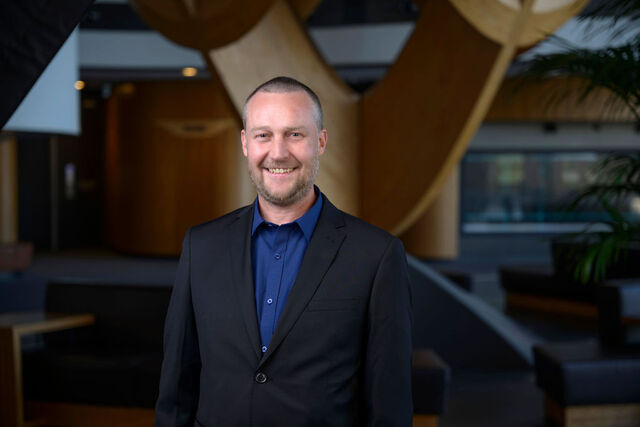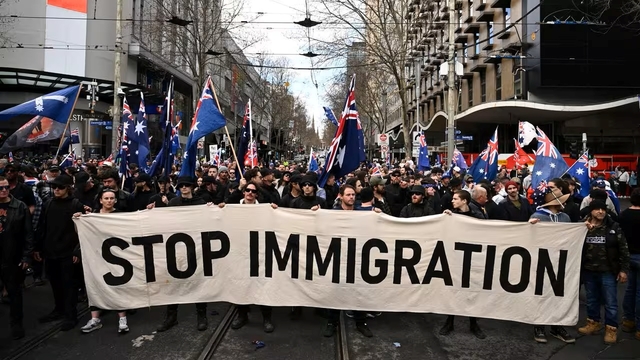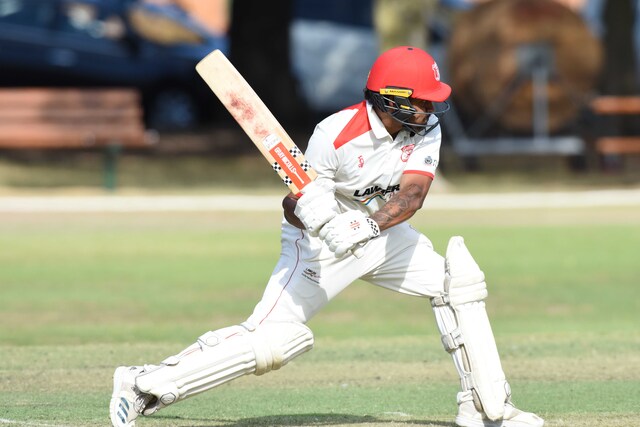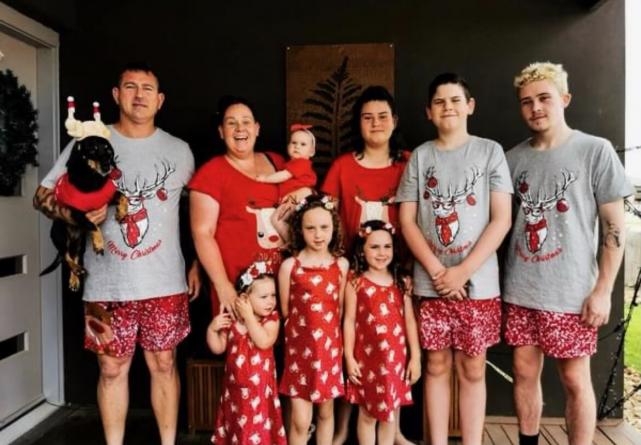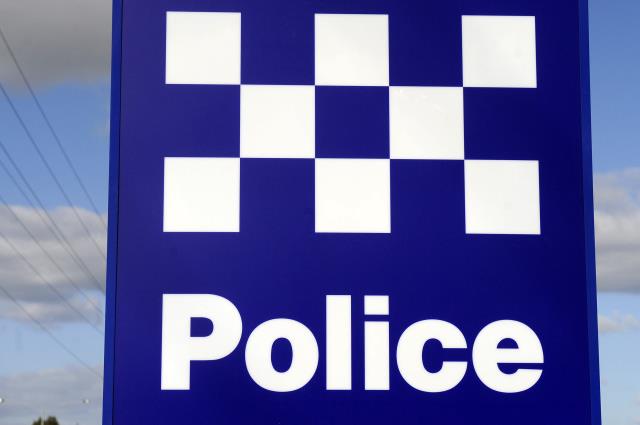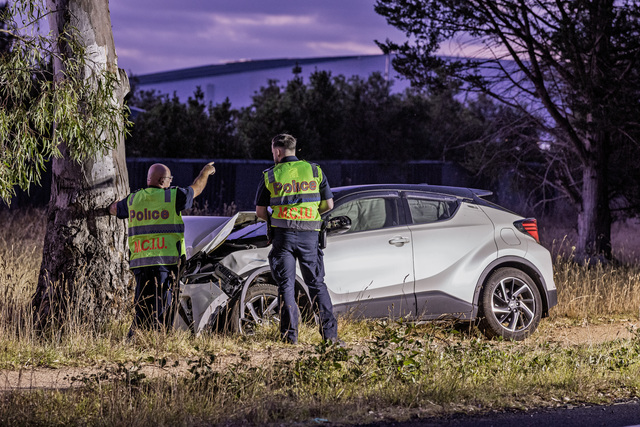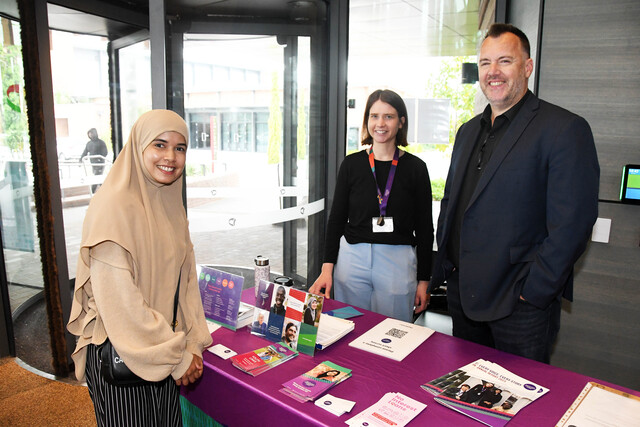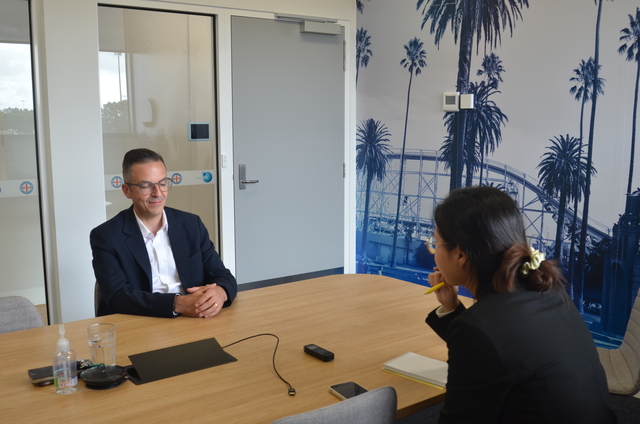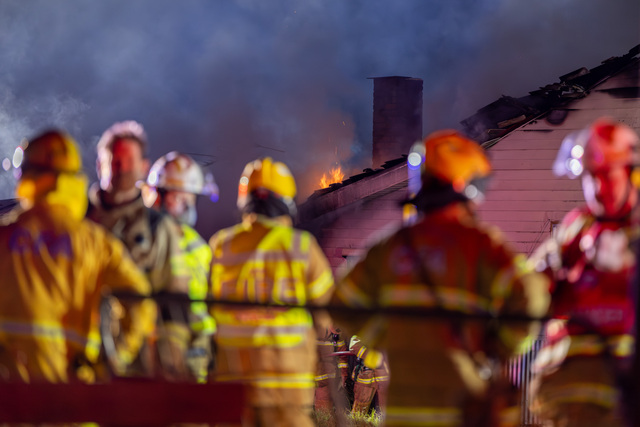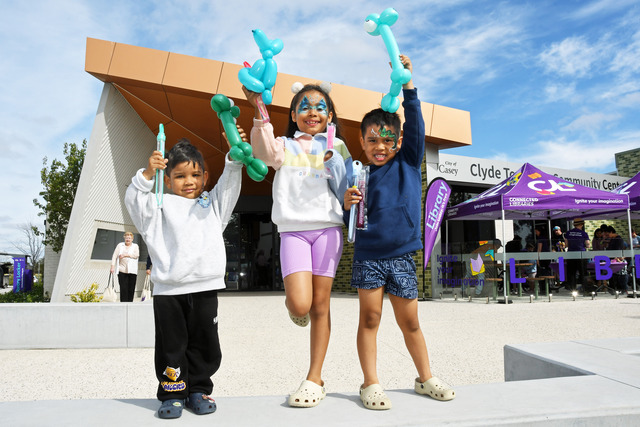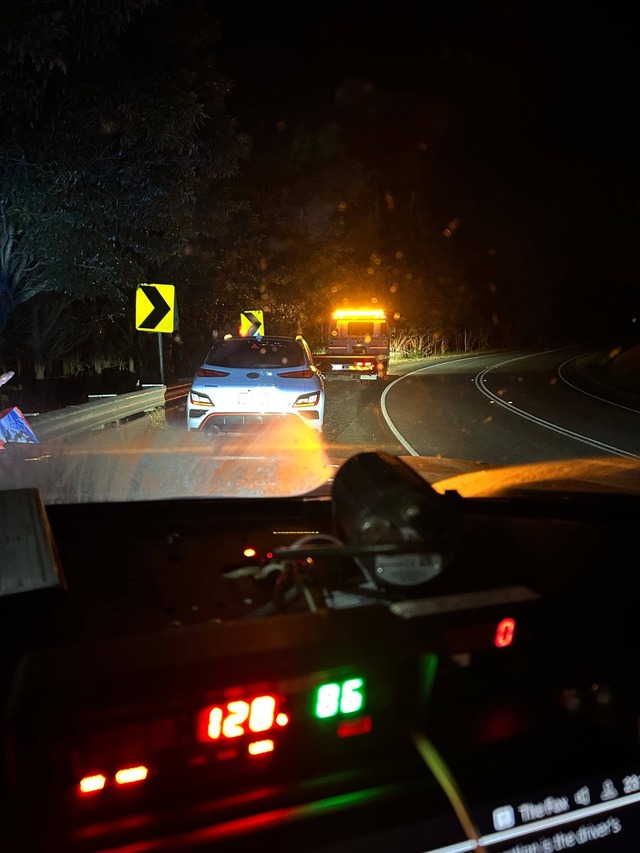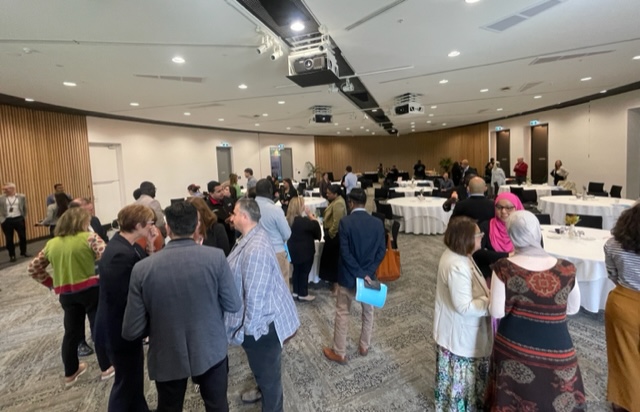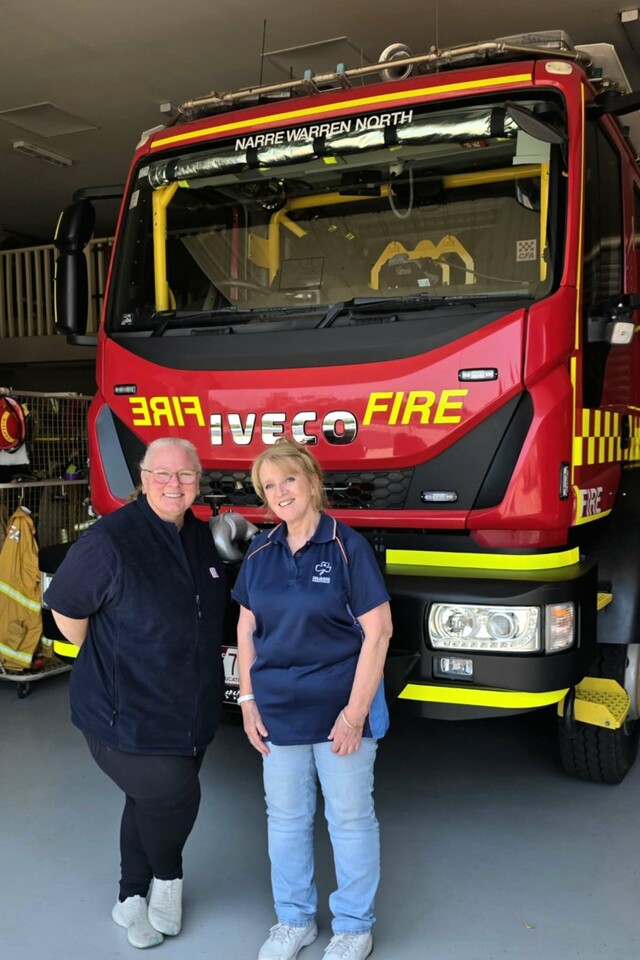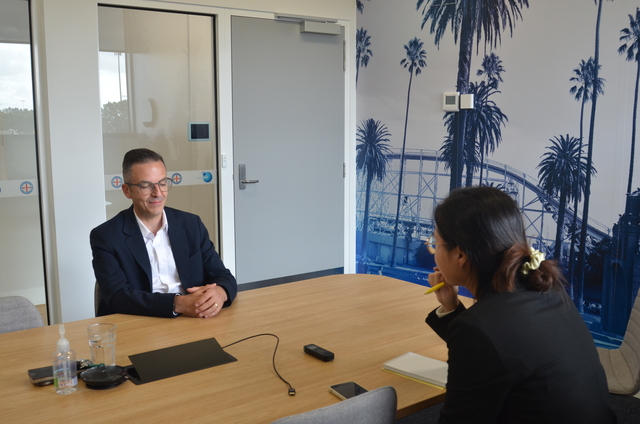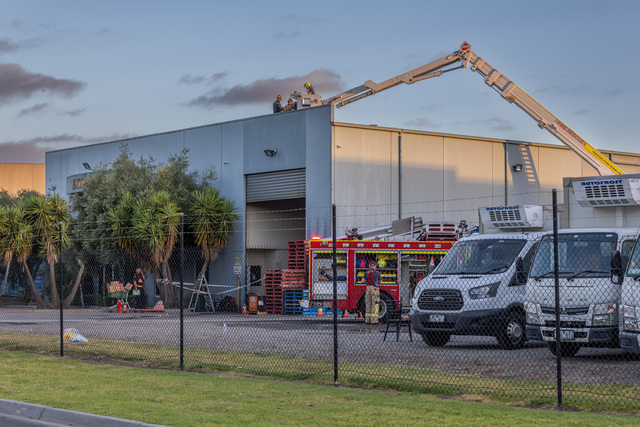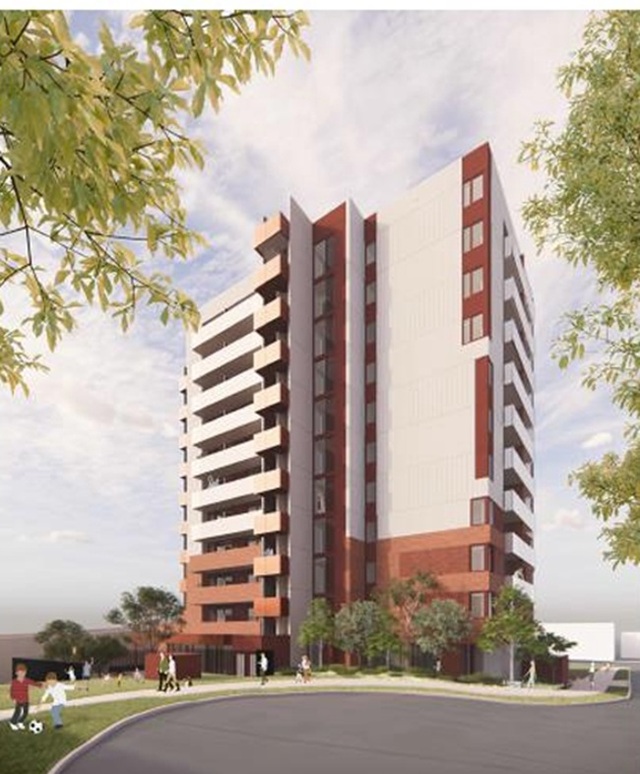The anti-immigration rallies on August 31 have boiled over to the City of Casey, as a youth outreach event was cancelled a week prior, with fears of safety concerns.
Casey councillor Dave Perry posted on Instagram condemning the rallies over the weekend, labelling them misguided for blaming immigration as the cause for the current cost-of-living crisis and statewide housing constraints.
In its caption, he wrote that it is “important that we try to dispel any myths we see floating around”.
“Immigration is not the cause of high-cost housing and high-cost food at the supermarket,” he said.
Perry, speaking to Star News, said that “the problems we have at the moment are being blamed on the easiest targets, people are punching down and looking for someone or something to blame for all their woes”.
“If anything, if you want a society that’s completely Australian, then I guess we all have to go home, right?
“I think it’s really sad that people are looking for easy scapegoats; do we have unaffordable housing? Yes, but for some reason it’s being blamed on people coming to Australia for a fresh start,” he said.
On the broader conversations of immigration, a study by the Australian Government called ‘The relationship between immigration to Australia and the labour market outcomes of Australian workers’, done in 2016, found no evidence that immigration has harmed, over the decade since 2001, the aggregate labour market outcomes of those born in the country, as well as previous immigrants or natives.
A more recent study in 2023 by the Organisation for Economic Co-operation and Development found that migration has a positive impact on native employment across all skill levels, all the while wages remain unaffected.
Danyal Diallo, one of the organisers of the cancelled community outreach event in Cranbourne North, scheduled for Sunday, 31 August, said that the energy of the rally seemed “projected”.
“It seemed to be projecting rather than really thinking about the solution, which is very dangerous.
“Especially now with tech becoming more advanced, AI becoming more dominant, more information flooding our screens, but it’s just a matter of verifying the information that you see,” he said.
The Reserve Bank of Australia (RBA) did note in their Statement on Monetary Policy in November 2024 that strong population growth, plus a constrained housing supply, have pushed up housing demand and prices; simply, migration adds renters, and the supply of homes determines the impact.
However, net overseas migration (NOM), according to the Australian Bureau of Statistics, peaked in 2022-2023 at 755,000 arrivals, during the post-border-reopening catch-up, and then fell to 666,000 by June 2024.
A Centre for Population analysis of the national, state and territory population publication from the ABS found that population growth has fallen from its peak of 2.5 per cent in the year to the September quarter of 2023, to 1.7 per cent in the year to the December quarter of 2024; this is a result driven by a decline in net overseas migration. On the rallies, former Casey councillor Rex Flannery drew attention after posting a photo near anti-immigration protesters in Melbourne on Sunday.
The post, which also included an image of counter-protesters, was later taken down following mixed reactions online.
Flannery told Star News the photo was misunderstood, saying he had been in the city to meet friends and stopped only to capture the display of Australian flags.
“I wasn’t there for any protest whatsoever,” he said.
“Now we’ve got people calling me a Nazi, and no one even asked me why I was there.”
One Facebook user who commented on the post told Star News they did not believe his explanation, saying: “He asked people like us to support him when he was running for council 10 years ago, and now he’s there.”
Flannery rejected the criticism, adding that “people can beat it up however they like”, but he was not involved in the rally.
On the topic of anti-immigration itself, Cr Perry said that he understood the underlying sentiments of frustration, ones that were directed at the wrong party: immigrants.
He said that the ability and ease that the neo-Nazis had in terms of overtaking the rally was concerning, but it was also a display of how “the government hasn’t worked out how to communicate what is really happening”.
“At the moment, people are going for the smaller targets, which are the immigrants, something we can see play out in America at the moment.
“We don’t want to bring those kinds of politics into Australia, and I think it (extremist values) is still a fringe element, but it has the potential to grow.
“We do have systemic issues that we have within the current society at the moment, but it’s being blamed on the wrong party,” he said.

